Colorado Springs Eye Exam
VISION AND MEDICAL EYE EXAMS
Keep seeing your best by having your eyes checked annually. Ensure optimal vision by scheduling an annual eye check-up. Dr. Anderson’s patients trust him for comprehensive eye exams to maintain their eye health.
Please call to check availability: (719) 559-2020
During your initial visit, you’ll receive a thorough eye examination utilizing state-of-the-art diagnostic technology. Our pain-free tests are akin to having your photo taken.
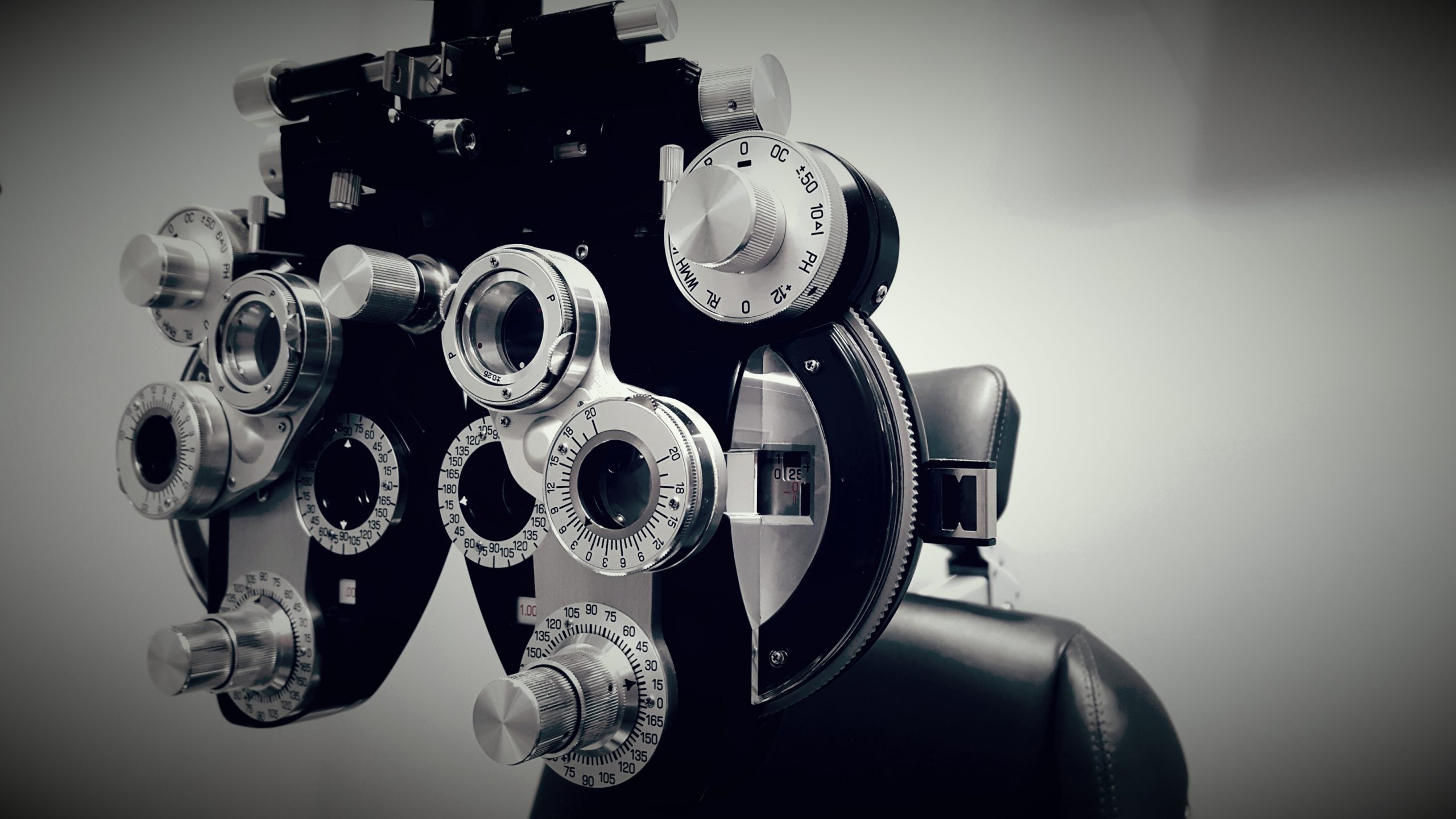
Why Are Eye Exams So Important?
Prioritize your eye health with Dr. Anderson’s comprehensive eye examinations. These thorough assessments are crucial for maintaining optimal visual well-being, as they have the ability to identify various conditions including cataracts, glaucoma, diabetic retinopathy, retinal issues, and more. Some eye diseases can develop silently, showing minimal symptoms and remaining undetected without regular eye exams.
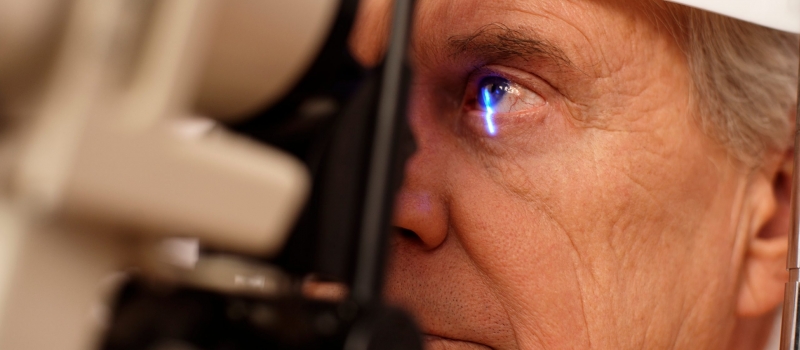
What Does an Eye Exam Include?
- A comprehensive slit lamp examination to assess and detect various eye conditions and diseases.
- Advanced diagnostic testing includes:
- Autorefractor for precise assessment and determination of your eyeglasses prescription.
- Pentacam Topography for a comprehensive evaluation of corneal health and assessment.
- Optos wide-field fundus camera for thorough evaluation and detection of glaucoma, macular degeneration, and diabetic retinopathy.
- OCT (Optical Coherence Tomography) to perform in-depth assessments and identify signs of macular degeneration.
- Pentacam AXL Optical Biometer and IOL Master 700 for precise measurements and accurate cataract surgery planning, ensuring optimal outcomes.
What If I Just Need an Updated Eyeglasses Prescription?
A routine vision exam is a concise office visit focused on evaluating vision and updating eyeglass prescriptions. It primarily addresses vision-related concerns and does not encompass medical eye issues like cataracts. However, in certain instances, a vision exam may transition into a medical or comprehensive eye examination. If Dr. Anderson identifies a condition during the examination that necessitates further diagnostic testing, the exam can be expanded to address the specific medical needs.
A comprehensive eye exam resembles a consultation with a medical professional, encompassing a dilated eye examination and employing advanced diagnostics to thoroughly assess both your vision and eye health. By conducting a comprehensive eye exam, potential diseases can be identified in their early stages, maximizing the effectiveness of treatment options. This includes conditions such as cataracts, glaucoma, diabetic retinopathy, and macular degeneration.
VISION AND MEDICAL EYE EXAM
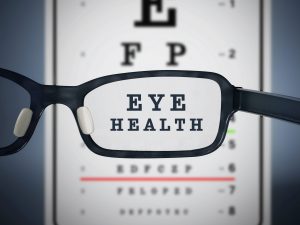
What are Some Common Eye Conditions?
Cataract or Clouded Lens
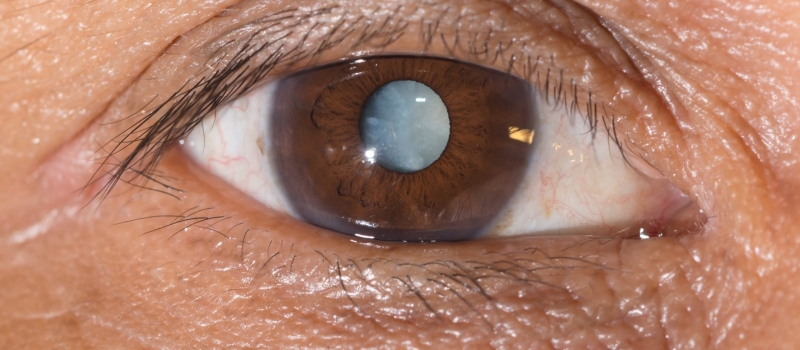
Dr. Anderson screens for all eye conditions including:
- Dry Eye Disease
- Blepharitis
- Keratoconus [Corneal Crosslinking]
- Cataracts [Cataract Surgery]
- Eye Infections and Allergies
- Diabetes
- Glaucoma
- Medication Toxicity Monitoring [Plaquenil]
- Advanced Glaucoma Diagnostics
What is Dry Eye Disease?
Dry eye disease (DED), alternatively referred to as dry eye syndrome (DES) or keratoconjunctivitis sicca (KCS), is a complex condition affecting the tears and the surface of the eyes. It leads to discomfort, visual disturbances, and instability of the tear film, potentially causing damage to the eye’s surface. While over-the-counter drops can offer symptom relief, Dr. Anderson can provide advanced treatments, such as medicated eye drops and punctal plugs, to offer more substantial and targeted relief for individuals experiencing dry eye symptoms.
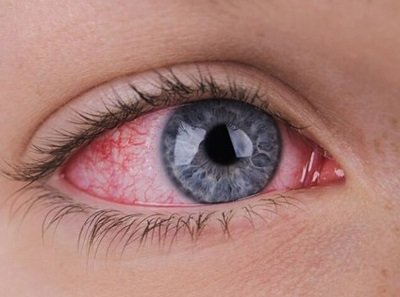
What is Glaucoma?
Glaucoma, often referred to as the “silent thief of sight,” is a condition that gradually harms the eyes and can cause irreversible damage even before noticeable vision loss occurs. It encompasses a group of diseases that affect the optic nerve, a vital connection between the eyes and the brain located at the back of each eye. The damage inflicted by glaucoma can result in the loss of peripheral vision, which may remain undetected without the aid of advanced testing methods.

What is Macular Degeneration?
Macular Degeneration occurs due to the degeneration of the central part of the retina. In its early stages, it may not display any noticeable symptoms, or it could manifest as blurred or diminished vision in one or both eyes. Initial signs might involve difficulties in reading or driving, particularly in low-light environments. Additional symptoms of Macular Degeneration include vision distortion and the presence of blind spots, especially within and around the central visual field.
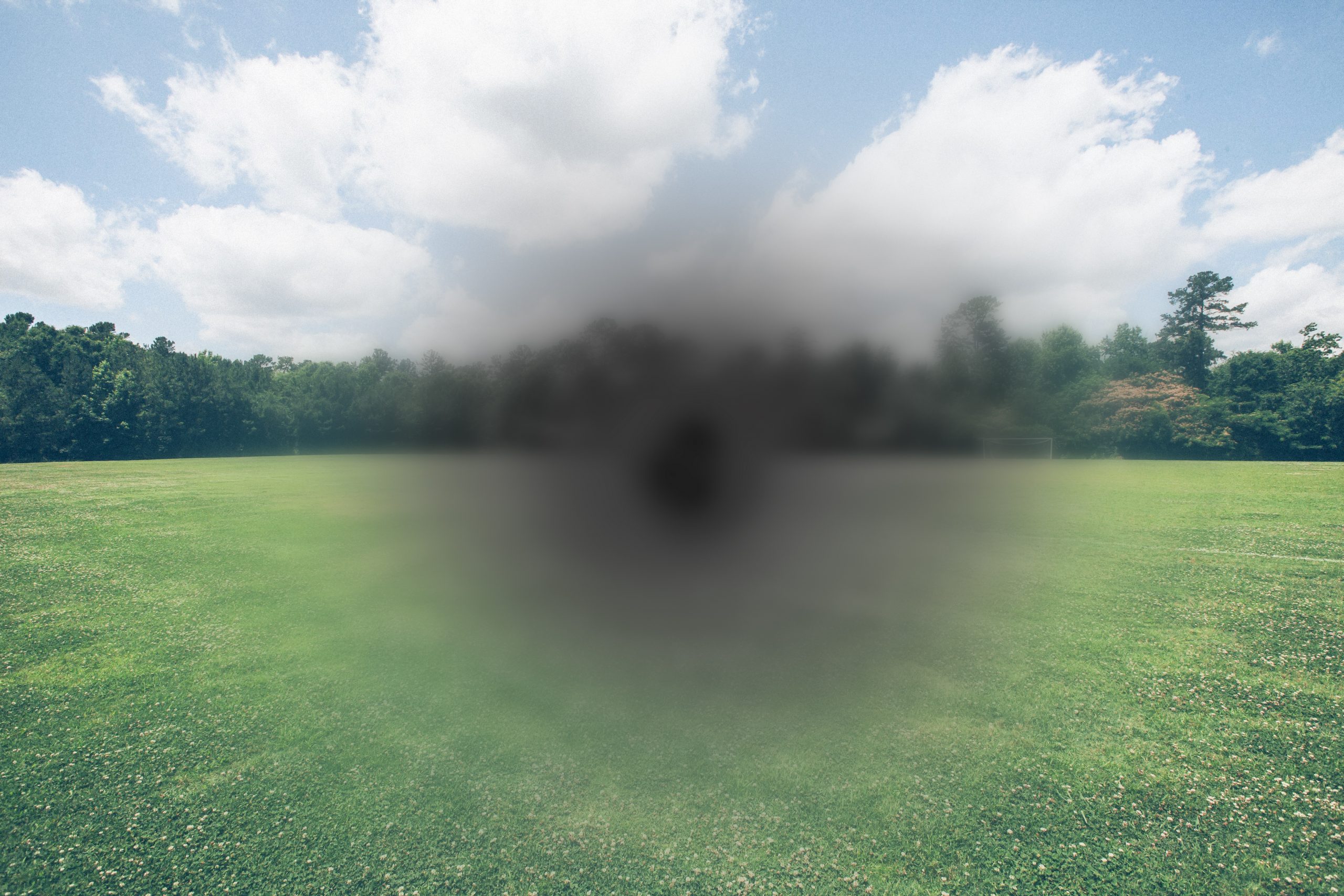
What is Blepharitis?
Blepharitis refers to the inflammation of the eyelids, typically affecting the tear glands along the margin of the eyelids and the eyelashes. Normally, these tear glands produce a meibum, which is an oil component similar to olive oil found in natural tears. However, in cases of Blepharitis, the glands become inflamed, resulting in the production of thick, creamy-colored, waxy oil. This condition is known as meibomian gland dysfunction or blepharitis. Insufficient oil production due to this dysfunction can contribute to the development of dry eye disease.
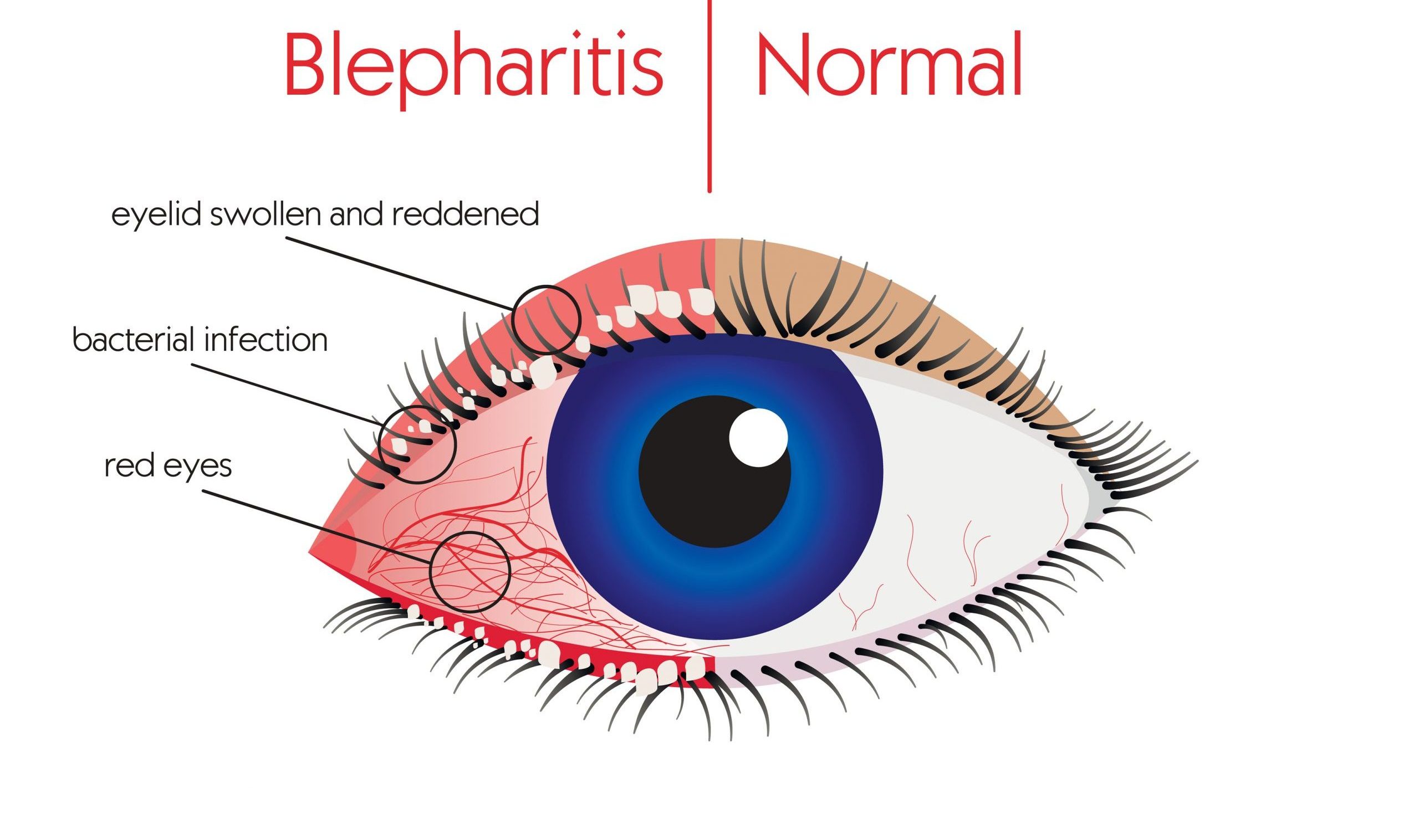
We look forward to caring for you and your family’s visual and health needs. Thank you for trusting us with your precious sense of sight and welcome to our family of patients.
Erik Anderson MD


